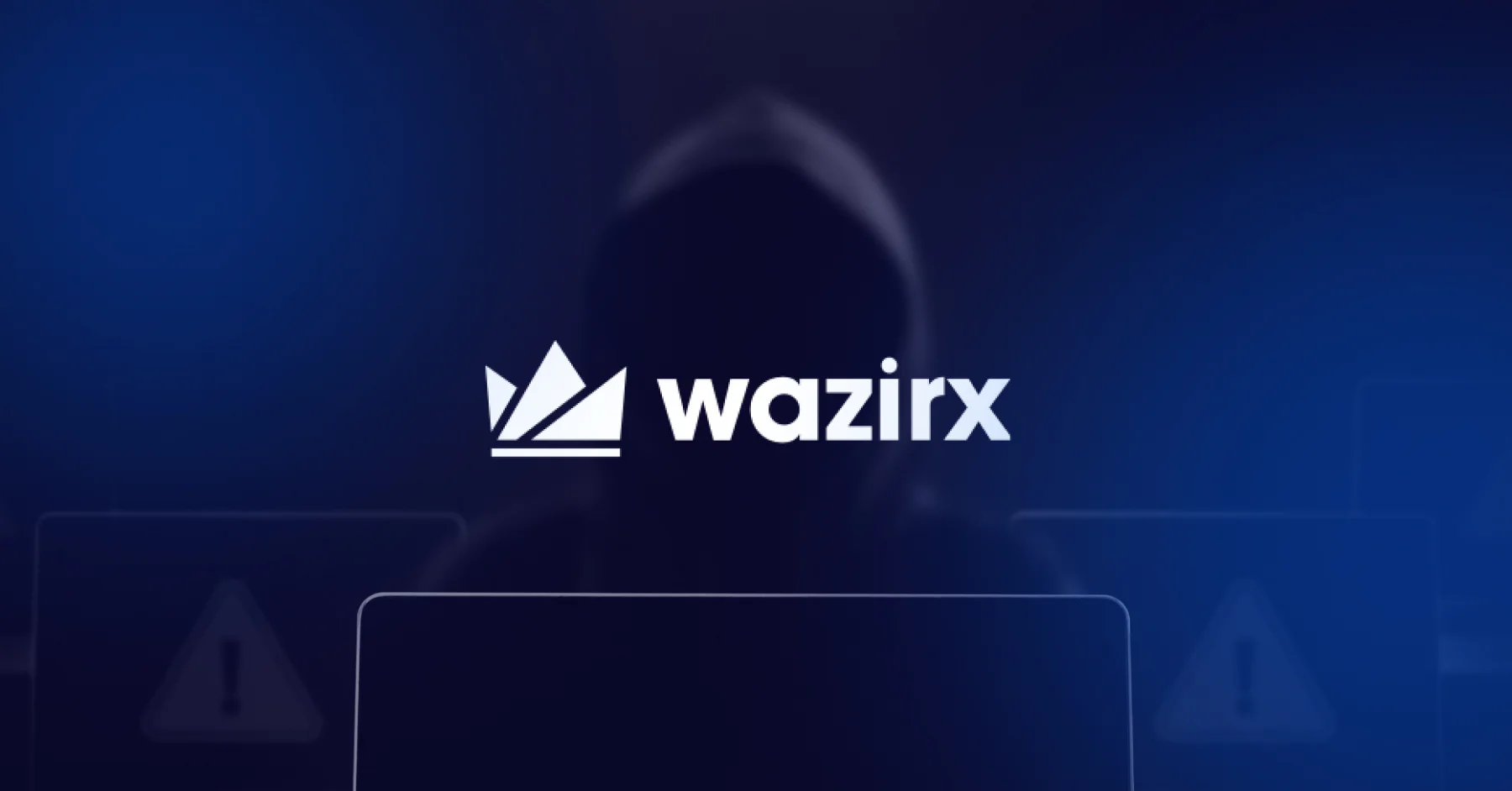WazirX Secures Court Approval to Repay Users After $235M Hack
24.01.2025 15:00 1 min. read Alexander Zdravkov
Indian crypto exchange WazirX has secured approval from the Singapore High Court to move forward with its restructuring plan, aimed at compensating users affected by a $235 million cyberattack in July 2024.
The attack, linked to North Korea’s Lazarus Group, devastated the platform, but this court ruling paves the way for recovery.
Under the court-supervised plan, WazirX’s parent company, Zettai, will distribute funds to users through a mix of immediate payouts and recovery tokens, allowing users to regain up to 80% of their balances. These tokens will represent remaining claims and offer future benefits tied to platform profits and recovered assets.
Initial payouts are expected within 10 days of the plan’s activation, pending user approval through a voting process set to conclude in three months.
Authorities in the U.S., Japan, and South Korea are assisting in efforts to recover additional stolen funds. WazirX has already frozen $3 million in USDT linked to the breach and is pursuing further recovery through collaborative investigations.
This court-backed restructuring ensures WazirX avoids liquidation, offering a path to rebuild user trust and stabilize its operations while introducing long-term recovery measures through tokenized compensation.
-
1
Crypto Theft Surges to $2.1B in 2025: State Actors Lead Historic Wave of Attacks
27.06.2025 16:30 2 min. read -
2
Solana PumpFun Bot Turns Out to Be Malware in Disguise
04.07.2025 9:00 2 min. read -
3
Hackers Steal $140 Million from Brazilian Central Bank, Launder Funds Through Crypto
05.07.2025 11:00 2 min. read -
4
U.S. Court Ends Tornado Cash Legal Dispute, Marking Win for Coin Center
08.07.2025 10:00 2 min. read -
5
Investor Loses $6.9M After in TikTok Crypto Scam
16.06.2025 19:00 1 min. read
Coinbase Strengthens DeFi Push With Opyn Leadership Acquisition
Coinbase has taken a major step toward expanding its decentralized finance (DeFi) presence by bringing onboard the leadership team behind Opyn Markets, a prominent name in the DeFi derivatives space.
Grayscale Urges SEC to Allow Multi-Crypto ETF to Proceed
Grayscale Investments has called on the U.S. Securities and Exchange Commission (SEC) to allow the launch of its multi-crypto ETF—the Grayscale Digital Large Cap Fund—arguing that further delays violate statutory deadlines and harm investors.
Robinhood Launches Ethereum and Solana Staking for U.S. Users
Robinhood has officially introduced Ethereum (ETH) and Solana (SOL) staking services for its U.S. customers, offering a new way for users to earn rewards on their crypto holdings.
Binance CEO Reveals What’s Fueling the Next Global Crypto Boom
Binance CEO Richard Teng shared an optimistic outlook on the future of cryptocurrencies during an appearance on Mornings with Maria, highlighting growing global acceptance, regulatory progress, and strategic reserve integration.
-
1
Crypto Theft Surges to $2.1B in 2025: State Actors Lead Historic Wave of Attacks
27.06.2025 16:30 2 min. read -
2
Solana PumpFun Bot Turns Out to Be Malware in Disguise
04.07.2025 9:00 2 min. read -
3
Hackers Steal $140 Million from Brazilian Central Bank, Launder Funds Through Crypto
05.07.2025 11:00 2 min. read -
4
U.S. Court Ends Tornado Cash Legal Dispute, Marking Win for Coin Center
08.07.2025 10:00 2 min. read -
5
Investor Loses $6.9M After in TikTok Crypto Scam
16.06.2025 19:00 1 min. read


